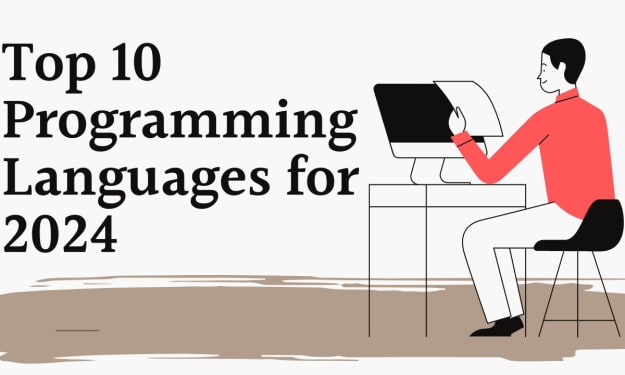What is Digital Marketing?
Digital World!

Digital marketing is the promotion of products or services using digital technologies, mainly on the Internet, but also including mobile phones, display advertising, and any other digital medium. It is an umbrella term for all of your online marketing efforts.
Digital marketing includes a wide range of tactics and strategies, including content marketing, search engine optimization (SEO), social media marketing, email marketing, online advertising, and more. These strategies are used to reach and engage customers, and to ultimately drive profitable action, such as making a purchase or filling out a form.
One of the key advantages of digital marketing is that it allows businesses to reach and engage with customers where they are spending a significant amount of their time: online. Digital marketing also allows for more precise targeting and personalization, as well as real-time measurement and optimization of campaigns.
Another important aspect of digital marketing is the use of data and analytics. By collecting and analyzing data from various marketing channels, businesses can gain insights into the effectiveness of their campaigns and make informed decisions about how to allocate resources.
Digital marketing is constantly evolving, as new technologies and platforms emerge. It is important for businesses to stay up to date with the latest trends and developments in digital marketing in order to remain competitive. This often involves investing in the training and development of marketing teams and implementing new technologies and strategies.
Overall, digital marketing is an essential part of any modern business's marketing strategy. By leveraging the power of the Internet and other digital technologies, businesses can reach and engage with customers in a targeted, personal, and cost-effective way.
through multiple channels, such as email, social media, search engines, and websites. It's important to consider how these channels work together and create a seamless experience for the customer.
Omnichannel marketing: Omnichannel marketing is a holistic approach to marketing that considers the customer's entire journey, across all channels and touchpoints. It aims to create a consistent, seamless experience for the customer, regardless of how they choose to engage with the brand.
Customer experience: The customer experience is a key focus of digital marketing. By collecting data and using it to personalize and optimize the customer journey, businesses can create a more seamless and satisfying experience for their customers.
Integration with traditional marketing: Digital marketing is often integrated with traditional marketing efforts, such as offline advertising and events. It's important to consider how digital marketing can support and enhance these efforts, rather than replacing them entirely.
ROI: One of the key benefits of digital marketing is the ability to measure and track the return on investment (ROI) of campaigns. By collecting data and analyzing it, businesses can determine the effectiveness of their marketing efforts and make data-driven decisions about how to allocate resources.
Content marketing: Content marketing is the creation and distribution of valuable, relevant, and consistent content to attract and retain a clearly defined audience. It is an important part of any digital marketing strategy, as it helps businesses to establish themselves as thought leaders and build trust with their customers.
Search engine optimization (SEO): SEO is the process of optimizing a website to rank higher in search engine results pages (SERPs) for specific keywords or phrases. By optimizing for relevant keywords and phrases, businesses can increase the visibility of their website and attract more qualified traffic.
Social media marketing: Social media marketing involves using social media platforms to promote a business and its products or services. This can include creating and sharing content, running paid advertising campaigns, and engaging with followers.
Email marketing: Email marketing involves sending targeted and personalized emails to a list of subscribers in order to promote products or services, nurture leads, or retain customers.
Online advertising: Online advertising includes a wide range of tactics, such as display advertising, search advertising, social media advertising, and more. By placing targeted ads in front of the right audience, businesses can drive traffic to their websites and increase conversions.
Overall, digital marketing is a vast and complex field that involves many different tactics and strategies. By understanding the different options available and how to effectively use them, businesses can create a successful and integrated digital marketing plan that helps them reach and engage with their customers.
About the Creator
Vidhya Jayaprakash
A digital marketer by profession and a blogger by interest who possess the necessary prowess to write anything and everything. I Enjoys traveling and exploring new cultures!





Comments
There are no comments for this story
Be the first to respond and start the conversation.